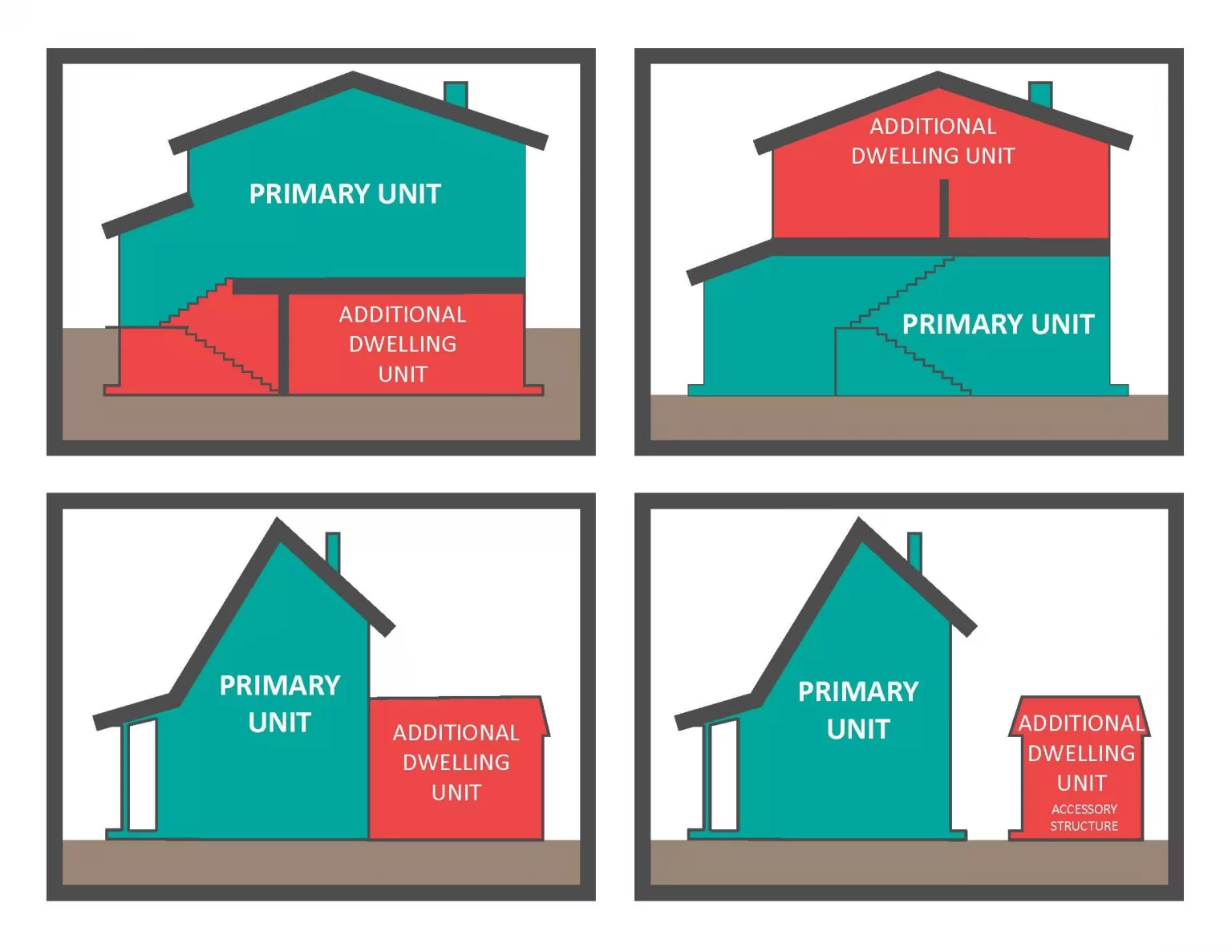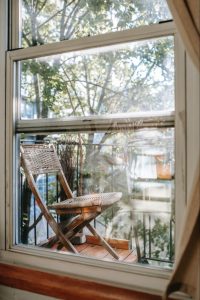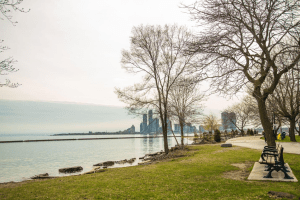Accessory Dwelling Units (ADUs) are gaining popularity in Ontario as a solution to expand living spaces, generate rental income, and contribute to the housing crisis. Whether you’re in Windsor or elsewhere in the province, understanding ADU types and local regulations is essential before starting your project. Adding an accessory dwelling unit in Ontario can help you make the most of your property.
This article will cover regulations for ADUs in Ontario and Windsor, advantages and considerations when planning your project, a roadmap for how to get started, and some tips on how to maximize profits from your investment.

Understanding ADU Regulations in Ontario and Windsor
Before diving into the types of ADUs, it’s important to understand zoning laws and local regulations. In Ontario, ADUs are defined as attached or detached units with independent living facilities on a lot that already has a primary residence. However, each municipality has specific rules. For example:
- Windsor-Specific Regulations:
- Permitted Areas: ADUs are allowed in residential areas, including single detached, semi-detached, duplex, and townhome dwellings. However, they are not permitted in multiple dwelling configurations like double duplexes.
- Floodplain Restrictions: ADUs are prohibited in basements within floodplain areas unless specific flood mitigation measures are implemented.
- Heritage Properties: Properties on the Municipal Heritage Register may face restrictions on visible exterior alterations.
- Parking Requirements: Generally, an additional parking space is required, except in transit-served older core areas.
More details can be found on the City of Windsor’s website and Ontario.ca’s page about adding a second unit.
Types of Accessory Dwelling Units (ADUs)
There are several types of accessory dwelling units (ADUs) defined under Ontario’s building code. Below, we outline these types along with plain-language explanations and legal definitions.
1. Standard ADUs
A Standard ADU is a fully independent living unit that can either be attached to or detached from your main home. It has everything someone needs to live comfortably, including a bathroom, kitchen, living space, and a separate entrance. These units are perfect for creating a private space for a family member or for renting out. Standard ADUs are one of the most common types of ADUs in Ontario.
Legal Definition: An attached or detached dwelling unit with complete independent living facilities for one or more persons, including permanent provisions for living, sleeping, eating, cooking, and sanitation. The ADU may not exceed 50% of the main residence’s square footage and may not exceed 850 square feet if the main residence is more than 1,700 square feet. It may be helpful to clarify whether this size restriction applies universally across Ontario or if specific municipalities, such as Windsor, have exceptions or additional considerations. It must comply with all applicable building codes unless specifically exempted in the ADU regulations.
2. Integrated ADUs
An Integrated ADU is built into your existing home. Think of it like turning a part of your house into a separate apartment, but with its own entrance and all the essentials like a kitchen and bathroom. Unlike a Standard ADU, some shared living spaces may be allowed, making it a bit more flexible. Integrated ADUs are becoming increasingly popular as a way to create an ADU house without additional construction.
Legal Definition: A dwelling unit that is part of the primary residence but maintains independent access and facilities, including permanent provisions for living, sleeping, eating, cooking, and sanitation. Integrated ADUs must comply with the same size restrictions as Standard ADUs and adhere to all building codes applicable to the main residence. Windsor may have unique building code considerations for Integrated ADUs compared to the general Ontario guidelines, so it’s worth checking specific local regulations before proceeding.
3. Efficiency Dwelling Units
These are smaller, more compact units that focus on maximizing space efficiency. They combine living, dining, and sleeping areas into one room, with a small kitchen and a separate bathroom. Efficiency units are ideal for single renters or couples and are often used where space is limited. This type of accessory dwelling unit is a great solution for urban areas.
Legal Definition: A dwelling unit consisting of a single multipurpose room that serves as living, dining, and sleeping quarters, accompanied by a private bathroom. These units must include a kitchenette with refrigeration, counter space, and cabinets proportionate to the size of the unit. The minimum allowable size is 150 square feet, with occupancy capped at two persons. The bathroom must be in a separate, enclosed space with a sink, toilet, and shower or bathtub.
Benefits of Building an ADU
Building an ADU offers multiple advantages, including:
- Rental Income: ADUs provide an additional source of income, whether you’re saving for retirement, education, or lifestyle upgrades. Property management companies can help create a passive income stream. Building an ADU house is a long-term investment in your property.
- Increased Property Value: ADUs add value, especially in high-demand areas where renters are looking for affordable options.
- Affordable Housing Solution: ADUs help address Ontario’s housing crisis by increasing rental density in neighborhoods, offering affordable alternatives for small families and single renters. An accessory dwelling unit in Ontario can provide much-needed housing options.
- Quick Construction Options: Prefabricated ADUs can save time and money compared to traditional builds.

Practical Considerations for Windsor and Ontario
When planning your ADU, consider the following:
- Heating and Ventilation: Separate HVAC systems can prevent odors and noise transfer between units.
- Noise Insulation: Additional insulation or drywall layers can enhance privacy.
- Fire Protection: Exceed minimum fire separation requirements for added safety.
- Security: Install secure locks, outdoor lighting, and security systems.
- Community Integration: Design with green spaces or community amenities to foster integration.
Getting Started
To build an ADU, follow these steps:
- Research Local Regulations: Start by reviewing zoning laws in Ontario and Windsor. Consult professionals to ensure compliance with the building code and municipal by-laws. Knowing the specific rules for an ADU house in Ontario is crucial.
- Choose the Right Type: Decide whether a Standard ADU, Integrated ADU, or Efficiency Dwelling Unit best suits your property and goals.
- Consider Prefab Options: Prefabricated ADUs are quicker to build and can cost between $33,000 and $125,000 CAD.
- Hire Professionals: Engage local contractors or property management companies to streamline the process and ensure quality.
Maximizing Income
How to generate income with your Accessory Dwelling Unit
Sarah Cipkar from Resimate and Eden Dwellings, talking about ADU’s and how to maximize your investment.
Property Management To Manage your ADU Rental
Like with the building process, it’s up to you how involved you want to be.
Opting to hire a property manager can streamline the rental process and provide peace of mind. A management company can handle tasks such as lease-up, maintenance, and tenant management — this not only saves time but also reduces the risk of legal issues arising.
The expertise of management companies extends beyond skills and experience; they also have access to advanced technology and resources that enable comprehensive tenant screening. This capability enhances the quality of tenants attracted to your property.
When selecting a property management company, ensure they are reputable and offer fair terms. Seeking a second opinion on any agreements can provide clarity and confidence in your decision-making process.
Feel free to reach out to us for further evaluation or assistance with your rental property management needs.
Conclusion
ADUs are an excellent way to maximize your property’s potential while contributing to the local economy and addressing housing challenges. By understanding the types, regulations, and benefits, you can make an informed decision that aligns with your needs. If you’re considering adding an accessory dwelling unit in Ontario, now is the perfect time to get started.
Sources
- City of Windsor: Additional Dwelling Units
- City of Windsor: Heritage Planning
- Ontario.ca: Add a second unit in your house
- Dwell.com: 7 ADUs You Can Buy Right Now for Less Than $100,000 (August 19th, 2020)






